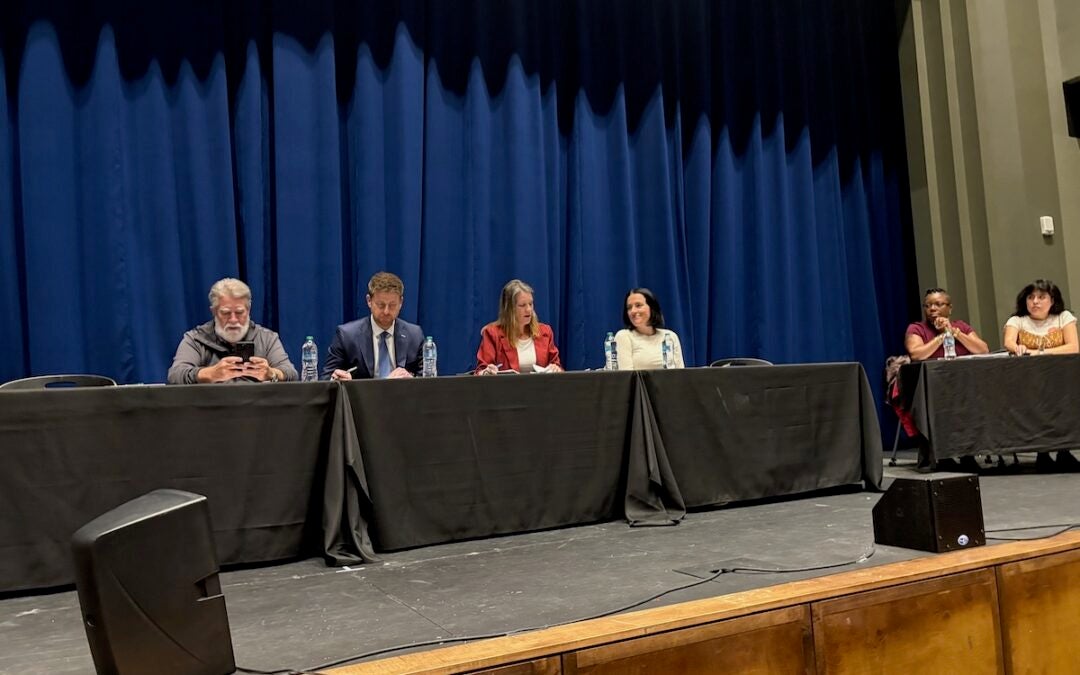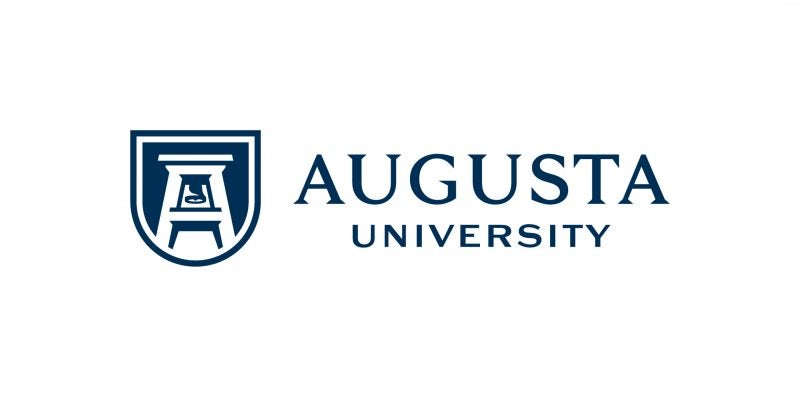by Ty Tagami | Capitol Beat News Service
ATLANTA — Public health services save Georgia money and heartache, but funding has failed to keep up with costs and recent federal cutbacks put the state at a crossroads, lawmakers heard from advocates and experts Tuesday.
Expiring federal dollars from the COVID-19 pandemic, clawbacks of federal grants and now the Congressional budget shutdown have affected all public health programs, including Georgia’s, said Kelly Hughes, a health policy expert with the National Conference of State Legislatures.
“This is just a time of uncertainty and instability,” she said.
Georgia has nearly doubled state tax dollars allocated per capita to public health during the past dozen years, but federal contributions have lagged, resulting in a net decline, said Leah Chan, a health policy analyst with the Georgia Budget and Policy Institute. She said Georgia’s per person spending fell to $74 this year, from $97 in 2012.
Rural areas are more likely to suffer because small, local governments are less able to plug funding gaps. Hospitals could close, the lawmakers heard, and public health workers could become increasingly rare.
The House study committee on public health funding was established in April through legislation sponsored by a half dozen Republicans. House Resolution 847 says public health has been underfunded and more money may be needed to ensure a “sustainable” infrastructure.
“Georgia’s health security and financial well-being depend on a growing, fully funded state and local public health system,” the enabling resolution says.
It passed unanimously.
The lawmakers on the resulting committee heard more or less what their resolution had anticipated: programs for vaccination, lead abatement, tobacco cessation, substance abuse prevention, HIV prevention, and maternal and child health care save society far more in preventable health care expenses than they cost.
They also increase communal welfare and wealth, said Jessica Schwind from Georgia Southern University.
“You have an increase in academic achievement, increase in workforce productivity, higher tax revenue generation because you have people working, reduced criminal justice costs, stronger economic development,” said Schwind, an assistant professor of epidemiology. “When you take care of the individual, that has profound impacts on the community.”
Several members of the committee had co-sponsored the resolution that authorized their meetings. There was only one Democrat assigned and present. The rest were Republicans, two of them among the most influential lawmakers in the General Assembly.
Rep. Matt Hatchett, R-Dublin, leads the House Appropriations Committee, which oversees the chamber’s budget-writing duties.
Rep. Butch Parrish, R-Swainsboro, chairs the House Rules Committee (as well as the Special Committee on Healthcare), and effectively decides which bills make it to floor of the chamber for a vote by all representatives.
Neither indicated what they would do next. The committee chair, Rep. Darlene Taylor, R-Thomasville, did not either as she ended their third and final meeting. Their committee has a Dec. 1 deadline to issue any recommendations.
The April resolution the trio had co-sponsored sounded a lot like Schwind’s presentation.
“Increases in public health spending have been shown to reduce preventable deaths,” it says, “and healthier communities support stronger economies.”











